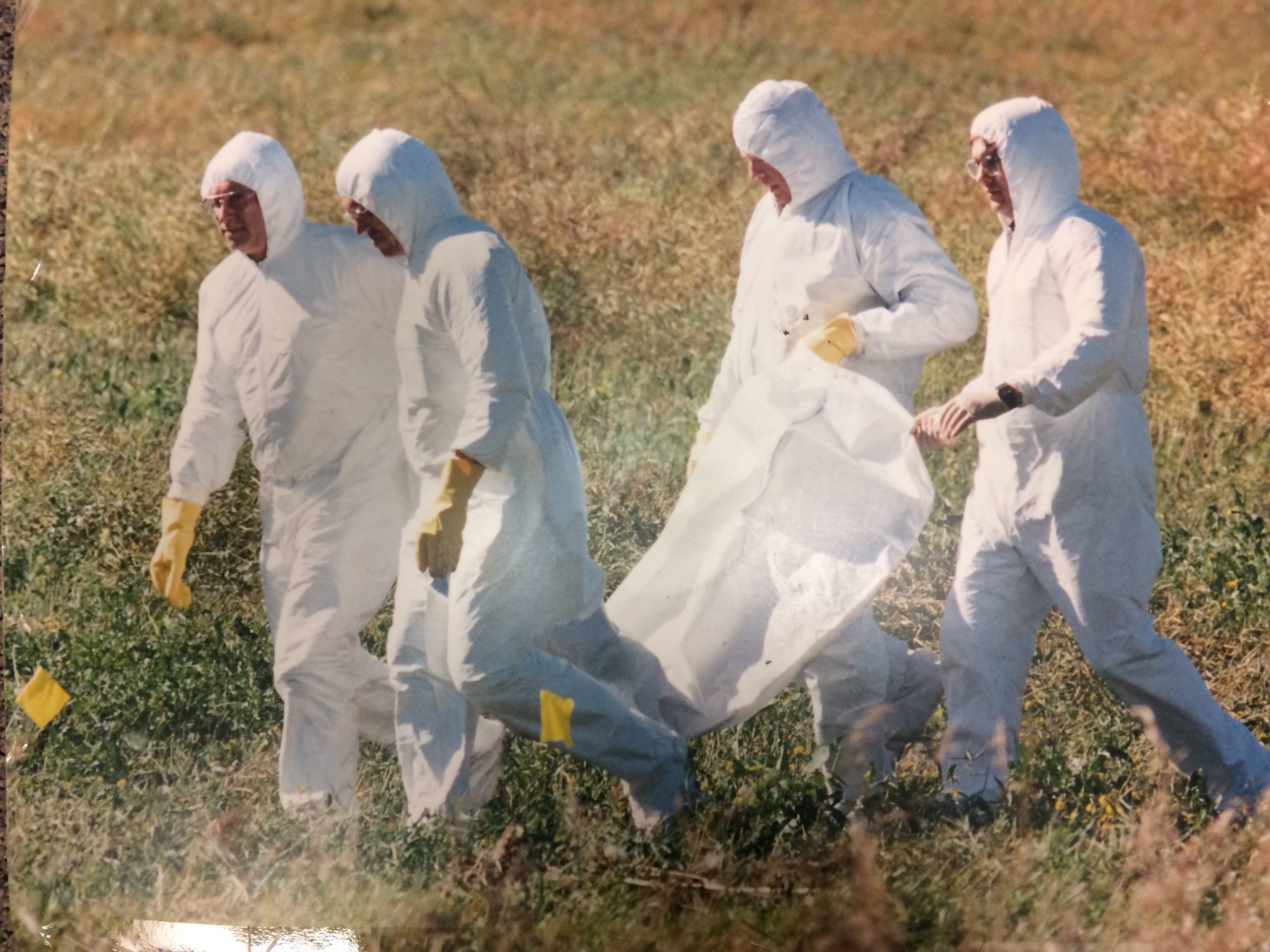Five months already since my last posting.
Quick update on the pending manuscript: Second edit was received back April 4 with many developmental suggestions, frustrating that feedback had taken so long. However, we accepted the challenge and agreed to resubmit for July 1, the earliest possible date. That meant three more months of intense and productive work – 220 hours in fact! Now we wait again.


July began with the shocking realization that it has been 25 years already since Cara disappeared from the streets of Edmonton. July was especially poignant as I remembered our last times together. Early in the month in 1997, I visited the dingy apartment she shared with her boyfriend Perry. It was north of Alberta Avenue, an area long associated with street exploitation. I had purchased two all-inclusive passes for the Edmonton Exhibition (happening again in 2022 after a break of two years due to Covid) so Cara would have something to look forward to while I was away. My husband and I had planned an excursion to eastern Canada. As much as I looked forward to the break, I worried about being away as Cara did not manage well on her own during the day when Perry was gainfully employed, as he was at that time.

This must be the house. I remember a gate in front of the side door leading to the basement. I remember a huge Rottweiler that lived upstairs. I was afraid of that dog but Cara simply hugged him with genuine affection while I pretended to walk calmly to the door. That was where we last visited. That was where the police collected her few belongings, supposedly for evidence. I wonder if they are still in storage somewhere. One would suppose so as her case is still unsolved.
Ambiguous loss is described on google as a loss that occurs without a significant likelihood of reaching emotional closure or a clear understanding. It is the kind of loss that “leaves a person searching for answers, and thus complicated and delays the process of grieving and often results in unresolved grief.” The term was coined by Dr. Pauline Boss in the 1970s.
Symptoms include hopelessness, depression, confusion, anxiety, ongoing stress, despair, and inability to sleep.
Tips for coping include: (1) Give a name to your experience. That allows the beginning of meaning. (2) Find a therapist. Building resilience is key. (3) Join a support group. Seek others who share similar circumstances. (4) Celebrate what remains. Learn to embrace the happy/sad. (5) Discover new hope for the future.
Ambiguous loss often refers to missing someone who is still alive, such as the missing or people living with dementia. I suppose I was dealing with ambiguous loss even before Cara died as I struggled to deal with her addictions, mental illness, and recurring homelessness. My happy little girl with an undaunted spirit and love of adventure was obscured by many challenges to the point I could not trust leaving her alone in my home.
The loss of someone who has suffered is a different kind of ambiguity. I compare losing your arm to having having your arm cut off an inch at a time. Either way, you are without an arm. In the first case, there will inevitably be shock and horror. In the second case, however, there may also be a sense of relief that the worst is possibly and finally over.
My tribute in marking 25 years will be further reflection on ambiguous and traumatic grief. More to follow.
